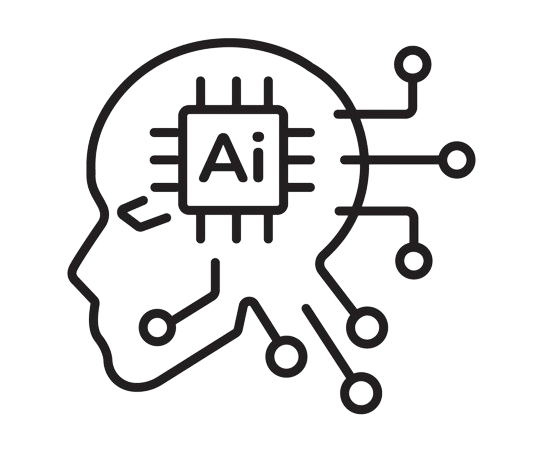The Apps Bubble: Are We Reaching the Peak?
In the last decade, our smartphones have evolved from being simple communication tools to mini-computers that hold the key to our personal and professional lives. A significant driver of this evolution is the explosion of mobile applications, or “apps.” There seems to be an app for everything—ordering food, tracking your fitness, managing finances, learning new skills, and even finding a parking spot. But as the number of apps continues to skyrocket, we have to ask ourselves: are we in the middle of an “apps bubble”?
The Rise of the App Economy
The term “apps bubble” refers to the rapid expansion and proliferation of mobile applications over the past several years. This growth has been nothing short of astonishing. The Apple App Store and Google Play Store now host millions of apps, and every day, new apps are being launched, promising to solve problems we didn’t even know we had.
In the early days, apps were revolutionary. They made life more convenient and brought services right to our fingertips. But as the market became saturated, the quality of apps began to vary widely. Now, it seems like there’s an app for every conceivable niche, leading to what many are calling an “app fatigue.”
App Fatigue: Too Much of a Good Thing?
As more and more apps crowd the market, users are starting to feel overwhelmed. The average smartphone user has around 85 apps installed, but only uses about 9-10 of them daily. This discrepancy highlights a growing issue: while developers are eager to release new apps, consumers may not be as eager to download or use them.
Many apps offer redundant features or poorly executed concepts, contributing to a cluttered market where it’s difficult for genuinely innovative apps to stand out. This oversaturation can lead to a lack of user engagement, causing developers to struggle with retention and monetization.
The Business Impact: Are We in a Bubble?
From a business perspective, the “apps bubble” raises concerns about sustainability. Just like the dot-com bubble of the late 1990s, which saw a rush of internet companies followed by a sharp collapse, the apps market could be heading toward a similar fate. Venture capital has poured billions into app development, but if users continue to stick to a small number of apps, many of these investments may not see a return.
Moreover, the constant pressure to innovate and outdo competitors can lead to burnout among developers. Many are forced to offer their apps for free, relying on in-app purchases or ad revenue, which isn’t always enough to sustain the business.
What’s Next?
So, where do we go from here? The apps bubble doesn’t necessarily mean doom for the industry, but it does suggest that the market may need to correct itself. Developers may need to focus more on quality over quantity, ensuring their apps truly add value and meet user needs.
Users, on the other hand, might become more selective, favoring a handful of high-quality apps over dozens of mediocre ones. This shift could lead to a more sustainable ecosystem, where apps that provide genuine benefits thrive, while those that don’t fade away.
Conclusion
The apps bubble is a reflection of our fast-paced, tech-driven world. While it has brought incredible innovation and convenience, it’s also a reminder that not all growth is sustainable. As we move forward, both developers and users will need to navigate this landscape carefully, balancing the excitement of new apps with the realities of a crowded market. Whether the bubble will burst or simply deflate over time remains to be seen, but one thing is certain: the world of apps will continue to evolve, and it will be fascinating to see where it goes next.
As we all know that we are living in a world where people want to connect more an more on social media but they are loosing engagement in real life ,its going in a dark era of humanity , student don’t know how to talk because they are talking on internet not to their elders in home. we have to make any limit of it . Its necessary for us .Don’t be a part of these bubbles, created by the Apps.

